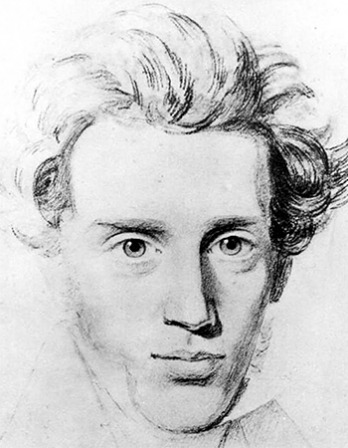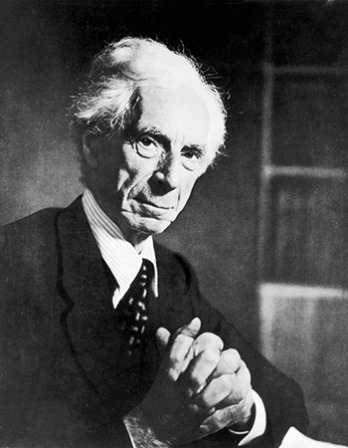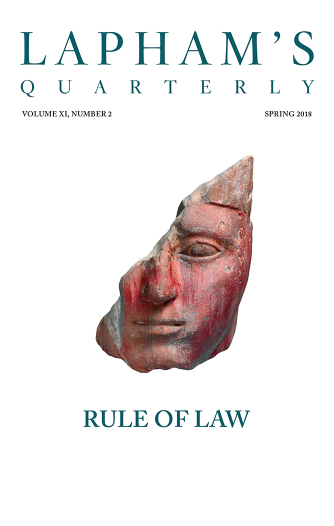On the world at large, the Olympic games have of course exerted no influence as yet, but I am profoundly convinced that they will do so. May I be permitted to say that this was my reason for founding them? Modern athletics needs to be unified and purified. Those who have followed the renaissance of physical sports in this century know that discord reigns supreme from one end of them to the other. Every country has its own rules; it is not possible even to come to an agreement as to who is an amateur and who is not. All over the world there is one perpetual dispute, which is further fed by innumerable weekly, and even daily, newspapers. In this deplorable state of things, professionalism tends to grow apace. Men give up their whole existence to one particular sport, grow rich by practicing it, and thus deprive it of all nobility and destroy the just equilibrium of man by making the muscles preponderate over the mind. It is my belief that no education, particularly in democratic times, can be good and complete without the aid of athletics; but athletics, in order to play its proper educational role, must be based on perfect disinterestedness and the sentiment of honor.
If we are to guard it against these threatening evils, we must put an end to the quarrels of amateurs, that they may be united among themselves and willing to measure their skill in frequent international encounters. But what country is to impose its rules and its habits on the others? The Swedes will not yield to the Germans, nor the French to the English. Nothing better than the international Olympic games could therefore be devised. Each country will take its turn in organizing them. When they come to meet every four years in these contests, further ennobled by the memories of the past, athletes all over the world will learn to know one another better, to make mutual concessions, and to seek no other reward in the competition than the honor of the victory. One may be filled with desire to see the colors of one’s club or college triumph in a national meeting; but how much stronger is the feeling when the colors of one’s country are at stake! I am well assured that the victors in the stadium at Athens wished for no other recompense when they heard the people cheer the flag of their country in honor of their achievement.
It was with these thoughts in mind that I sought to revive the Olympic games. I have succeeded after many efforts. Should the institution prosper—as I am persuaded, all civilized nations aiding, that it will—it may be a potent, if indirect, factor in securing universal peace. Wars break out because nations misunderstand each other. We shall not have peace until the prejudices which now separate the different races shall have been outlived. To attain this end, what better means than to bring the youth of all countries periodically together for amicable trials of muscular strength and agility? The Olympic games, with the ancients, controlled athletics and promoted peace. It is not visionary to look to them for similar benefactions in the future.
From “The Olympic Games of 1896.” An aristocrat who in his twenties tried with little success to attach his “name to a great educational reform,” Coubertin in 1890 met the organizer of the British Olympics and decided to take up the torch for the international games. The first modern international Olympics were held in Athens in 1896, ending a 1,500-year hiatus.
Back to Issue





